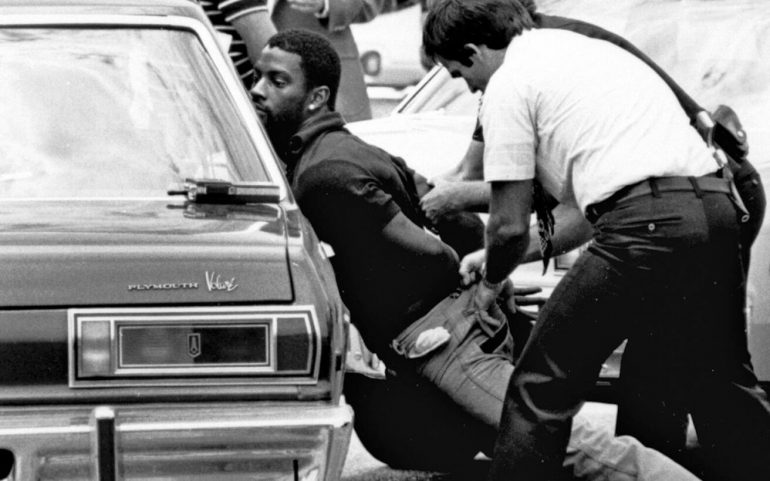We've all heard it in a Hollywood movie or a police series. Many will remember it from the very successful advertisement that the Greek policeman, influenced by what he sees in the cinemas, wants to copy his American colleagues, "arrests" a thief on the spot and says in fluent English: "Where are they going?" σλόουλι »…
The story, however, behind the infamous: "You have the right to remain silent. "Whatever you say can and will be used against you in court" is not just a joke.
To be precise, it is extremely serious and, in fact, touches on the rights that every suspect has when he is arrested by police officers.
It is a case that has shaken the US justice system and radically changed the way police and courts deal with suspects or defendants.
Our history has its roots in, not so far away, 1966 in Arizona of the USA. It also has a protagonist. His name was Ernesto Miranda. Somehow, the warning addressed by the police acquired a name: In American jurisprudence, one will find it as "Miranda Warning".
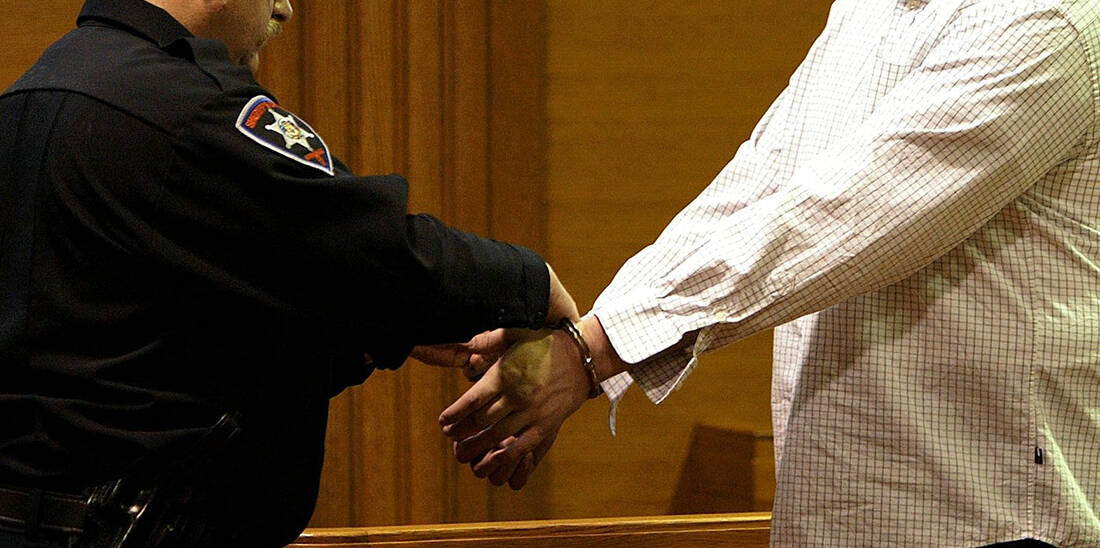
But let's start from the beginning. In 1963, an 18-year-old woman from Phoenix, Arizona, reported to the police that she had been abducted and raped. The young girl had told the police that a man unknown to her had forcibly put her in a vehicle, taken her to the famous desert of the area and raped her there.
The 18-year-old gave the police the description of the suspect and the description of the vehicle he was driving. After investigations by the police and with the help of the victim's brother, who was the first to locate the vehicle of the alleged perpetrator, Ernesto Miranda was arrested, who after many hours interrogation, confessed to his crime and even signed the relevant confession.

The strange thing is that 18-year-old Lois Ann Jameson never managed to say with certainty that Miranda was indeed the man who had abducted her and then raped her. He only said that Miranda's voice is similar to that of the perpetrator who raped. Nevertheless, Miranda was tried and convicted. From this point on, our story begins, in essence.
Immediately after his conviction, Miranda's lawyer started a lawsuit to prove that the police actually extorted the confession of his client who was forced to confess to the crime because no one had informed him that he could remain silent and not say anything. could incriminate him or that during the interrogation by the police Miranda was entitled to have his lawyer by his side.

Essentially what Miranda was saying (through his lawyer) was that his confession was a product of coercion by the police.
As it turned out, in fact, in his written confession, at the top of each page, there was the note that the homology "It has been done voluntarily and with my own free will, without threats, coercion or promises of immunity and with full knowledge of my legal rights, understanding any statement I make can and will be used against me"!
In practice, this meant that the police knew that they had to inform the suspect about his rights, but they never did so and tried to overcome this "reef" with this trick.
The final battle of the lawsuit started with the Supreme Constitutional Court of the USA.
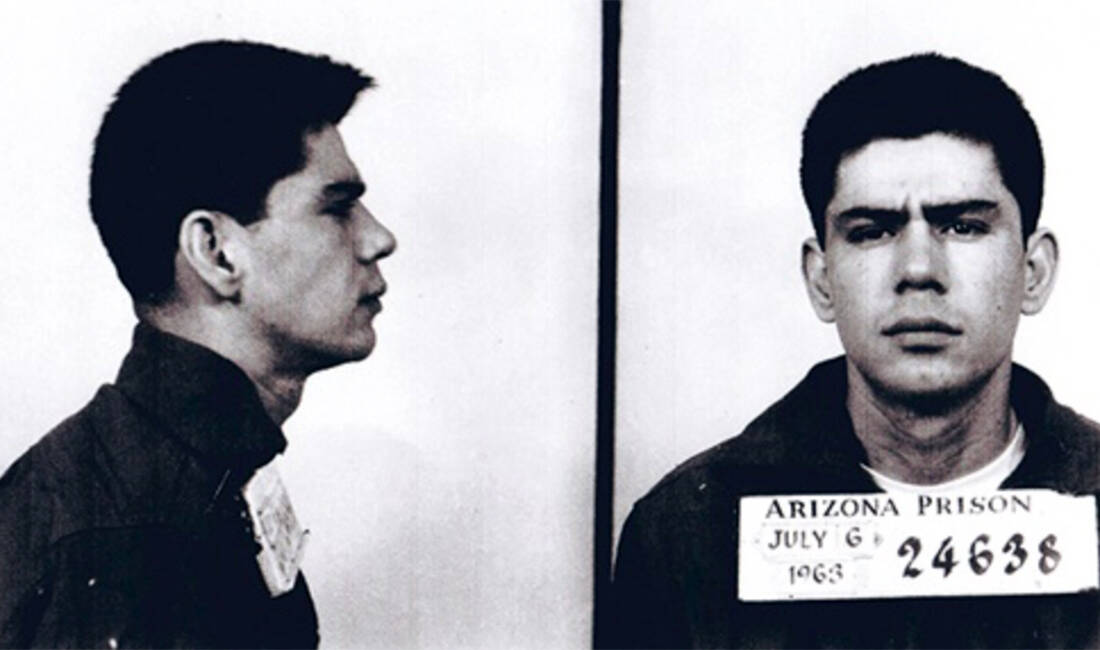
The 76-year-old lawyer of Miranda had health problems and withdrew from his defense and the case was taken over by the American Civil Liberties Union (ACLU), which finally reached its highest stage. Justice in the USA.
There the judges after studying the case (Miranda's lawyers had prepared a 2500-word explanatory memorandum) concluded that the rights of the accused (5th and 6th amendments to the US Constitution) had indeed been violated and that his confession was effectively invalid by the at a time when the police had not informed him that he could remain silent until his lawyer arrived.
Taking a step further, in fact, the Supreme Constitutional Court annulled Miranda's confession and ordered a retrial without taking into account that the perpetrator (at the pre-trial stage) had confessed to his crime!
The same was repeated in 1967, the original confession was not taken into account but again the jurors sent Ernesto Miranda to prison as they were convinced by the information gathered by the police.
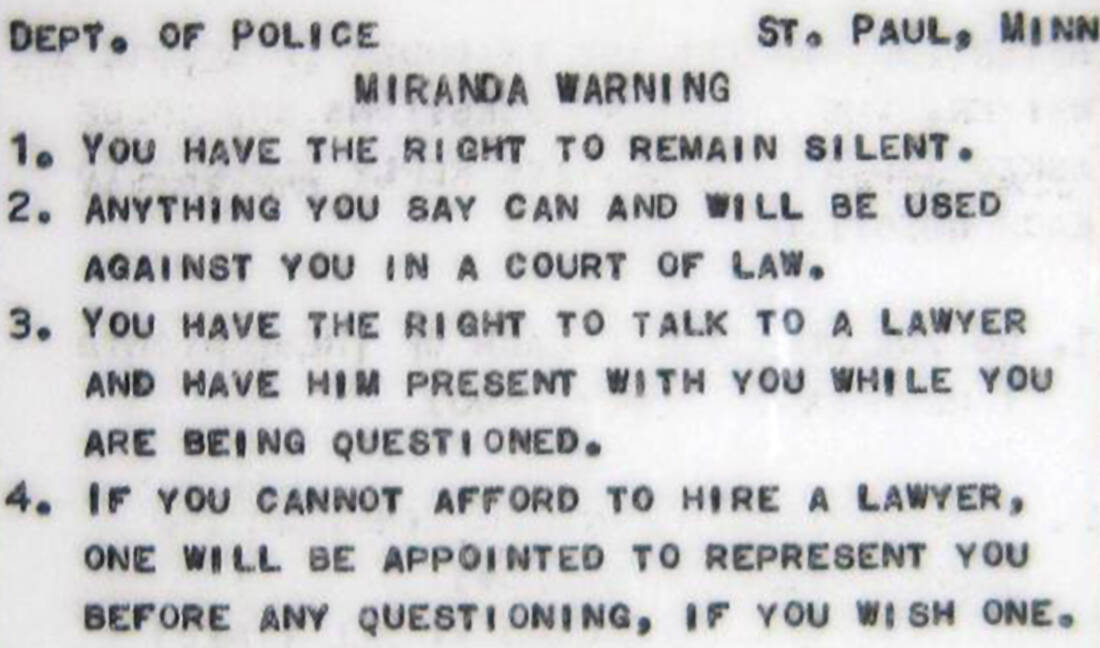
For the record and only to mention that Miranda finally stayed in prison until 1972 when he was released from prison although he had been sentenced to 20 years in prison. When he was released from prison, he took advantage of the dread that had been created around his name and the case as a whole, and had printed cards listing the rights that the detainees should know, which he was selling for $ 1,5 each. !
Finally, on January 31, 1976, he was murdered, at the age of 36, during a quarrel inside the bar "La Amapola" in Phoenix. Miranda was already dead when he arrived at the hospital. On it the doctors found many of the cards he was selling!
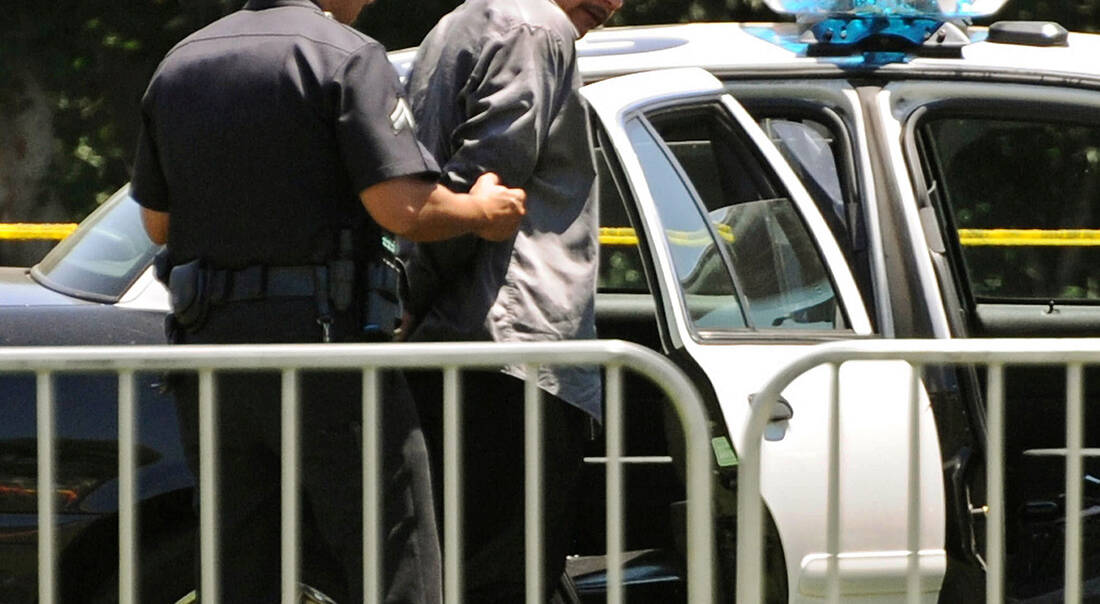
To return to the case, however, this decision of the Supreme Constitutional Court of USA, fundamentally changed the way the police and the judiciary treat the suspects.
From that point onwards the police during conception or the appellant should inform the suspect orally of his rights. In addition, it should be clear that the suspect understands his / her rights and for this reason the police officer should ask him / her at the end of the reading if he / she really understands his / her rights.
According to the court decision, there is no specific terminology used by the police, as long as it becomes clear that the suspect has the right not to speak and, above all, that he has the right to have his lawyer (or the lawyer who will be on his side) before any other proceedings. appointed by the state in case of its own weakness).

In the years that followed many similar cases reached the state courts. All the cases (despite the reactions of mainly police or some judges) had the same outcome since the decision of the Supreme Constitutional Court could not be challenged.
Among those who reacted, in fact, was the President of the United States, Richard Nixon who said that the whole process of reading the rights will make the police less efficient.
The only exception given by the Supreme Court was in 1990 in the Perkins v. Illinois case when an agent of the intelligence services pretending to be a prisoner managed to extract the confession of a murderer!
